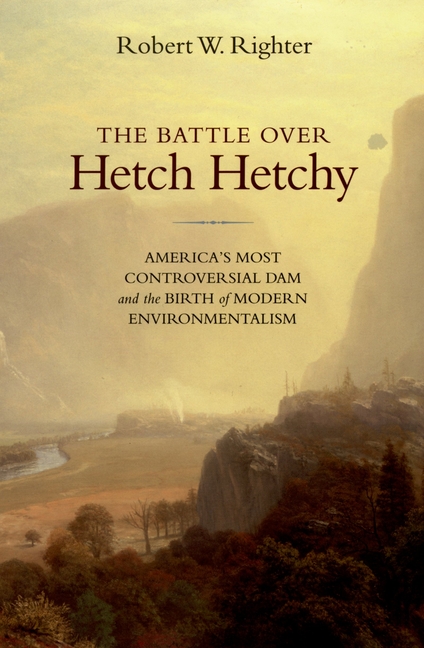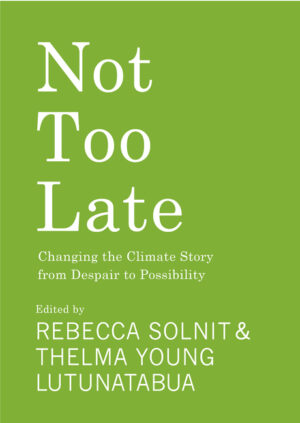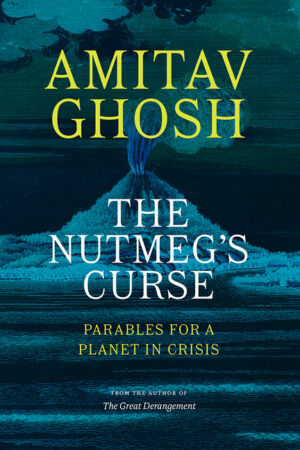"Robert Righter has done a service to anyone interested in Hetch Hetchy's history."–Dan Balkwill,
Annals of Wyoming"This is a well told and richly textured story, based on detailed research, that extends far beyond the point at which most environmental histories end."–Ralph H. Lutts,
American Historical Review"This splendid book will be the definitive history of the Hetch Hetchy controversy for years to come."–Donald J. Pisani, University of Oklahoma
"
The Battle over Hetch Hetchy is something beyond merely the best book anyone has ever written on confluence of canyon, dam, and city that so shaped the story of the modern American West. It is both a well-argued history and a beautifully-written testimony of hubris and loss, even possible redemption. If our places and times really do shape us, Californian Bob Righter was born to write this book. He now joins Pinchot, Muir, Brower as part of its story."–Dan Flores, author of
The Natural West"The fight over Hetch Hetchy was a defining moment in the clash between two defining traits of the American West–its abundance of natural beauty and its scarcity of water. Righter's radical retelling of the story requires us to rethink the modern conservation movement from its birth until today."–Elliott West, University of Arkansas
"This book is a masterful study of the major symbolic controversy of American environmental history, the clash between resource exploitation and preservation of wild nature. In his gracefully written, skillfully researched work, Robert Righter, one of our leading environmental historians, untangles the surprisingly complicated and contradictory debate over Yosemite's Hetch Hetchy, which has continued into the 21st century and remains as relevant today as it was a century ago when John Muir tried and failed to stop the city of San Francison from damming the pristine Sierra valley for public water and electrical power. In the current climate, when the nation and world face the same vital larger issues, and when forces are mounting to tear out what may have been an unnecessary human defilement of nature, this wise and sensitive book could not have come at a better time."–Richard J. Orsi, California State University, Hayward
"Tragedy, the philosopher Hegel tells us, can come from the clash of competing goods. In this thoroughly researched, elegantly written, and even-handed history, Robert Righter chronicles how alternative views of Americas future–urbanism versus the preservation of the environment–collided at Hetch Hetchy Valley. The founding of cities inevitably involves a sacrifice of environment. In losing the Hetch Hetchy Valley, America more than paid its price to bring into being metropolitan San Francisco."–Kevin Starr, author of the Americans and the California Dream series
"Righter tells for the first time ever the full story of this famous wild valley in California and the battle that once raged, and is still raging today, over its fate. This is exemplary environmental history-well-researched, balanced and fair-minded, yet told with passion for the natural world."–Donald Worster, author of
A River Running West: The Life of John Wesley Powell"This is a well told and richly textured story, based on detailed research, that extends far beyond the point at which most environmental histories end."–Ralph H. Lutts,
American Historical Review"An important source of information, not only about Hetch Hetchy but about dam projects present and proposed, for years to come."–
California History Action





